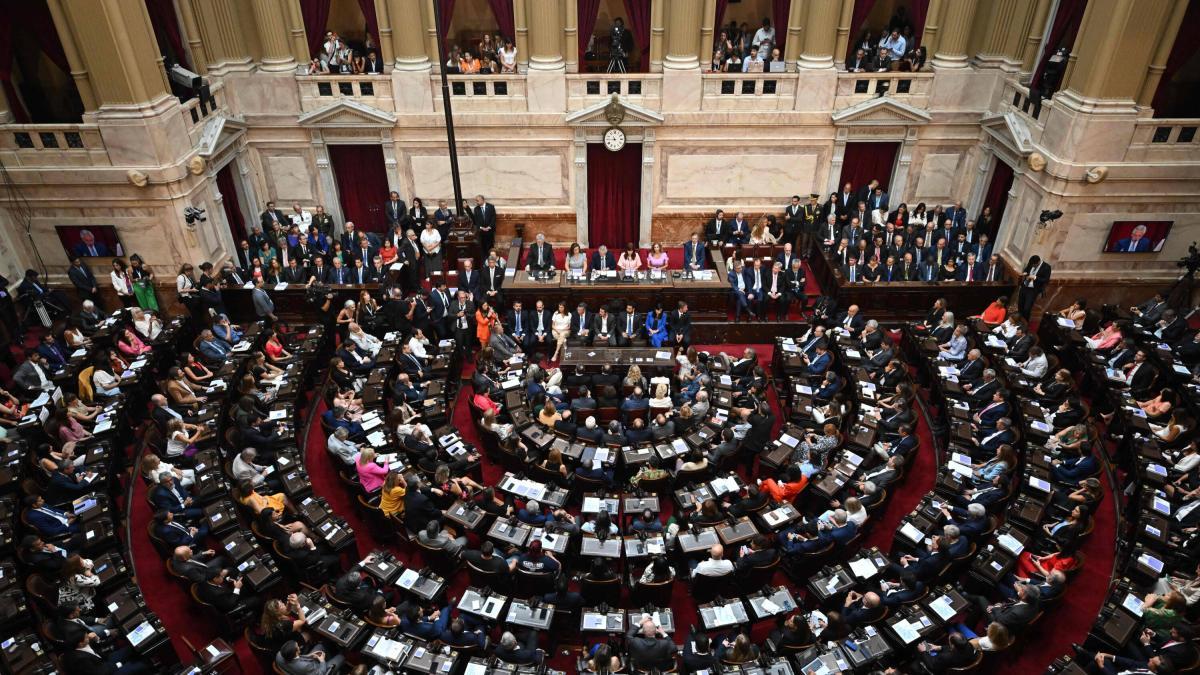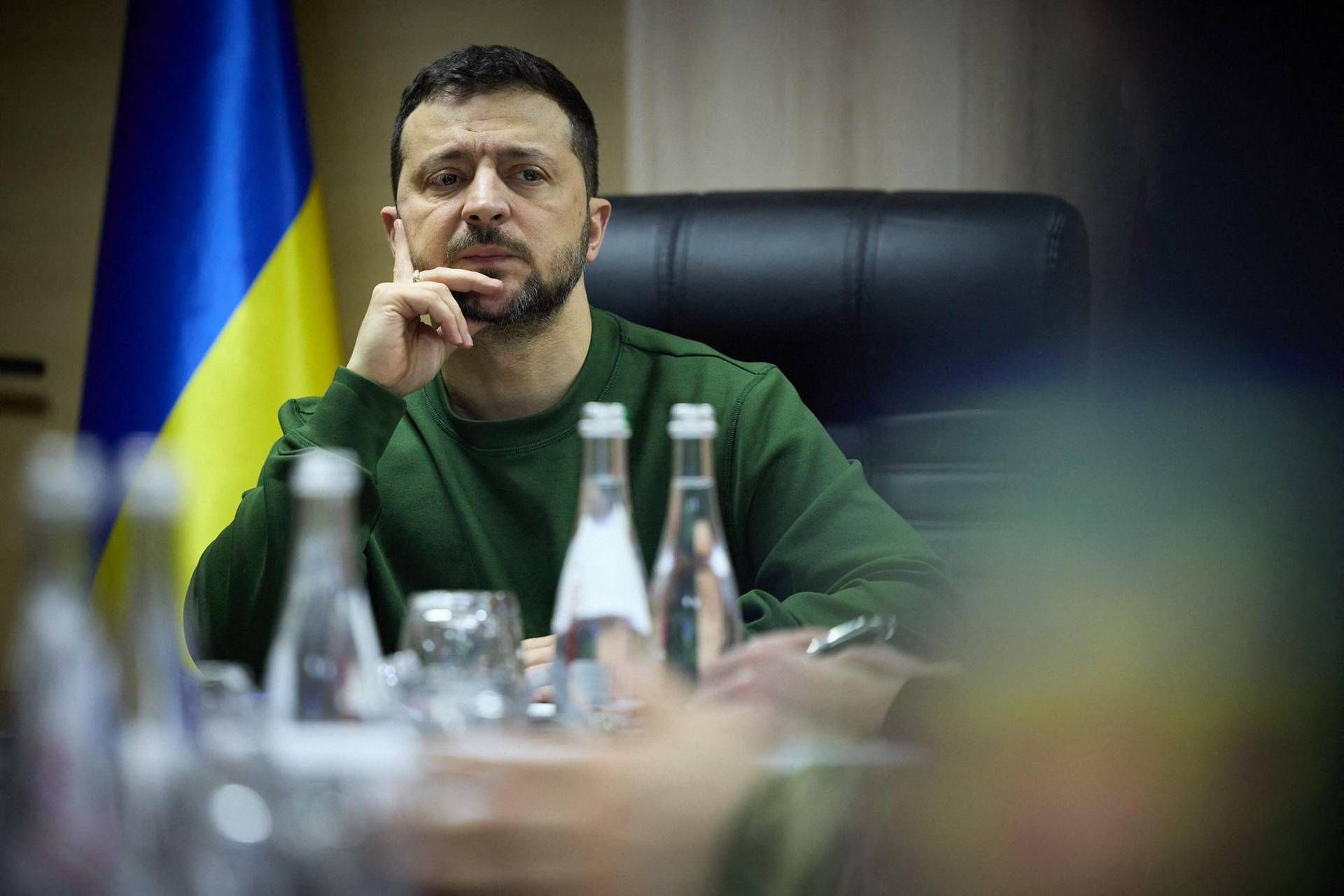The Foreign Relations Commission of the Peruvian Congress approved on Tuesday a motion to reject the “unacceptable” expressions of the President of Colombia, Gustavo Petro, for having compared the Peruvian police to “Nazis”. At the time, he declared the president persona non grata.
With 13 votes in favor, none against and three abstentions, the parliamentary commission chaired by the conservative deputy María del Carmen Alva gave the green light to said document, which will now be raised to the chamber for debate and eventual approval.
That is to say, The plenary session of the Peruvian Congress will now debate the motion that seeks to reject the criticism of the Colombian president and assess whether, indeed, he is declared persona non grata.
The motion followed remarks Petro made at an event last Friday, when he mentioned the extensive deployment of Peruvian police in Lima’s historic center the day before, in response to an anti-government demonstration.
“In Peru, (the police) march like Nazis, against their own people, breaking the American Convention on Human Rights,” said the president, who added that said convention “does not apply only to leftist governments.”
“The one who does that is double standards. It applies to all governments and that is our position,” said the Colombian president.
In Peru, (police officers) march like Nazis, against their own people
In this regard, the head of the Peruvian Parliamentary Committee on Foreign Relations assured that this type of expression “cannot be allowed from a president of a sister country”.
Alva clarified that This motion does not intend to “cut diplomatic relations” with Colombia, but insisted that Congress must defend the Peruvian police.
“Petro’s expressions are not from a friendly president. It is impossible for him to say that (…) We have to make them respect us as a country and we have to defend our national Police,” he asserted.
President Petro has called for the release of former President Pedro Castillo.
Courtesy of the Presidency of the Republic
Thus, the motion that will be debated by the plenary session of Congress proposes to express its rejection of Petro’s “unacceptable” expressions, considering that they constitute an “offense” to the Peruvian National Police (PNP), to the Peruvian State and to “all the Jewish people” by “trivializing the Holocaust.
In addition, it suggests declaring Petro persona non grata and urging the Interior and Foreign Relations ministries to take “the necessary steps” to guarantee that the Colombian president “does not enter the national territory.”
Other clashes with Colombia
Last January, the Peruvian government had already expressed through a diplomatic letter its “strong protest against a new act of interference” by Petro in internal political affairs, after it ruled on the eviction of hundreds of protesters at a university in Lime.
“Raid universities. Shout Death to intelligence! The OAS Permanent Council must be summoned to examine the case of Peru,” the president said on that occasion, who also repeatedly came out in defense of former president Pedro Castillo, after his failed self-hit.

The protests in Peru are already two months old.
The Peruvian Parliament already approved at the end of last year a parliamentary motion rejecting “the constant acts of interference in internal affairs.” of the country by Petro and his Mexican counterpart, Andrés Manuel López Obrador.
Likewise, the government of Dina Boluarte had shown in December its “deep discomfort” over Petro’s statements in support of Castillo, considering them an “unacceptable” interference in the country’s internal affairs in another diplomatic note.
Peru has already declared the Mexican ambassador in Lima, Pablo Monroy, and former Bolivian president Evo Morales persona non grata “for his constant incitement in national politics” which, always in Parliament’s opinion, seek to “unbalance the internal order of the country.”
COMMERCE (GDA) AND EFE
#Peruvian #Congress #Commission #declares #President #Petro #persona #grata









